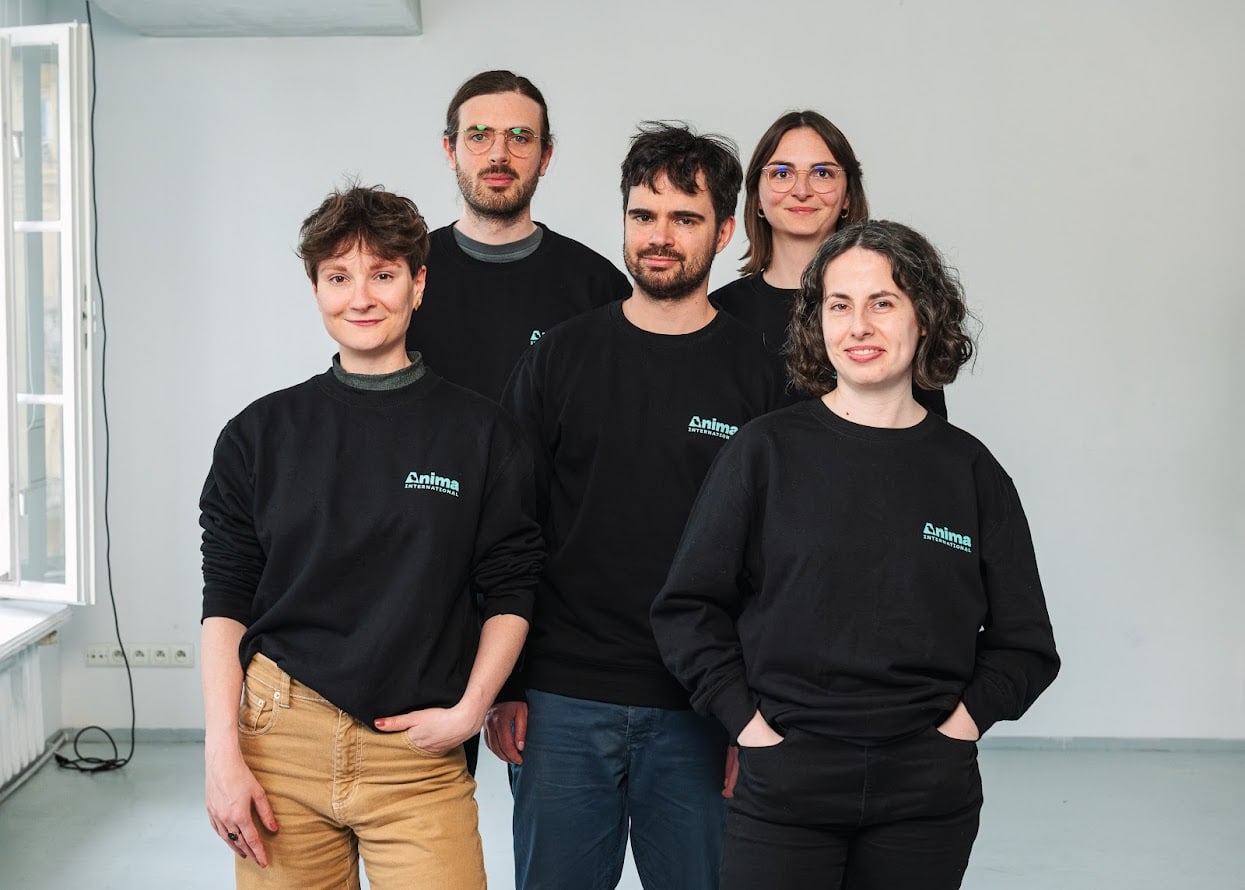TL;DR
High-impact organisations can already use our Candidate Directory to find new board members. We are now offering free support to design and deliver fair, fast and smart hiring processes to help these same organisations identify and select people who can contribute to the good governance of their organisation.
The problem as we see it
Identifying and selecting the right people to serve as board members is critical for the Good Governance of mission-driven organisations.
Among other things[1], effective boards should:
- be made up of individuals with the time, skills and experience to support organisations in delivering on their long-term purpose and short- to medium-term strategy
- demonstrate a diversity of thought, experience and perspective
- be appropriately separate from an organisation’s staff and other key stakeholders[2]
- represent and role model core values and principles that guide an organisation’s work
While EA organisations do a good job of ensuring that individuals are selected for their alignment with some core values and principles, it is probably uncontroversial to suggest that (too) many organisations would identify with one or more of the following[3]:
- Board members who are closely connected to the organisation, either through personal relationships with the executive team or because they are/represent an important funder/stakeholders
- A majority of board members with roughly similar backgrounds or experiences (eg where they are from, their education and work experience etc)
- Board members who don't have enough time to contribute, or who regularly miss meetings
- Board members who don't (either because they can't or won't) take sufficient time to understand what the organisation does and/or how it does it
- Board members whose skills and experiences don't obviously serve the organisation
- Board members (or an entire board!) that rarely disagree(s) with or challenge(s) each other and/or the executive team on important, big-picture decisions[4]
It is also the case that many organisations/projects are operating without a board entirely. This is perhaps a separate post but I'd argue that most EA organisations and projects should have a board, and that these boards should have the right people on them.
That being said, setting up a board and getting the right people on it is difficult - it's time consuming, it's not clear who should be responsible[5], it's not clear how to do it.....
How we can help
This is where The Good Governance Project comes in! We already host a directory of candidates looking for board positions at high-impact nonprofits. Now, we are offering free support to any EA organisation interested in setting up a new board of trustees, or recruiting people to an existing board.
If you don’t know where to start with recruiting new board members, don’t have the capacity or bandwidth to make progress on this, or are setting up a new board from scratch...
Get In Touch!What our support might look like
We're open to helping in any way that supports you to identify and select the right people. However, we expect that our work falls into one of the following areas:
- Assessing Your Needs
- Considering your long-term mission (or purpose) and short- to medium-term plan (strategy)
- Identifying the skills and experiences needed on the board
- Designing Your Approach
- Developing an approach that supports you to effectively and fairly identify and select the right people
- Delivering Your Process
- Creating the tools and processes that support the recruitment process
- Creating candidate assessment tasks
- Reviewing Candidates
- Screening applications
- Scoring candidate responses
- Supporting interviews
- Administration
- Responding to enquiries from potential applicants
- Setting up and administrating an applicant tracking system (ATS) for receiving and reviewing applications
- Scheduling assessments and organising interviews
- Supporting Decision-Making
- Supporting calibration between assessors
- Facilitating key decisions (eg who to progress at each stage of assessment and who to appoint)
If you've got any questions, then please leave a comment or otherwise get in touch :)
- ^
This is a very rough draft of a overall framework for good governance. Based on feedback (and my own process of letting things percolate a while) there are a number of updates I need to make to it. However, I'm always open to thoughts and feedback from others!
- ^
I find it important to make a distinction here - I don't suggest that individual board members must be separate from an organisation's staff and key stakeholders, but that the board as a whole should be. This can be achieved by ensuring individuals are appropriately separate, by ensuring individuals declare conflicts of interest when it is important to do so, or by being thoughtful about how decisions are made
- ^
I have no real data to back this up but anecdotally, having worked with several dozen mission-driven teams, I can think of only a handful of orgs that wouldn't identify with at least one of these issues



I joined the audit committee of the Berkeley Existential Risk Initiative, who found me through the EA Good Governance Project. As someone who wants to get more experience serving on boards, I am looking for opportunities, but the EA Good Governance Project made it possible!
I'd encourage people interested in serving on boards to join as a candidate and for organizations to use it as a tool for finding board members.